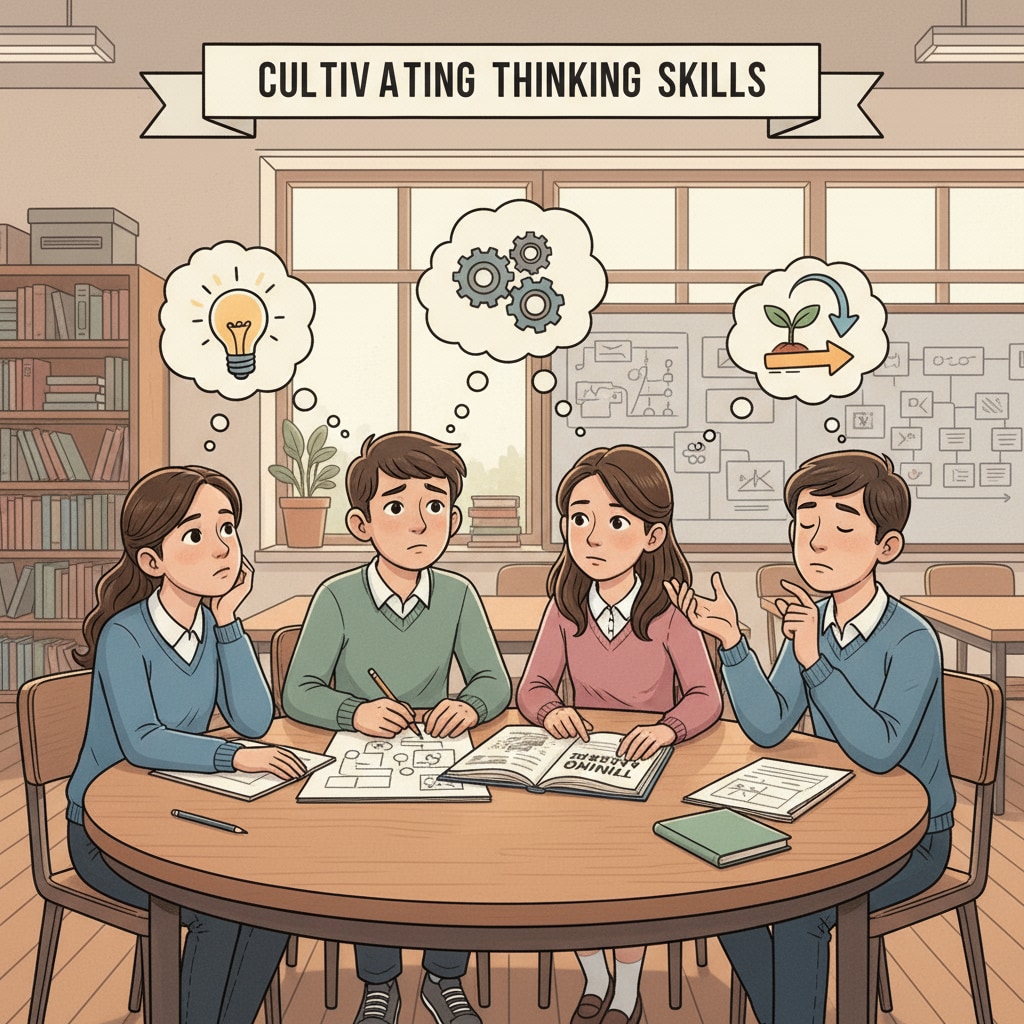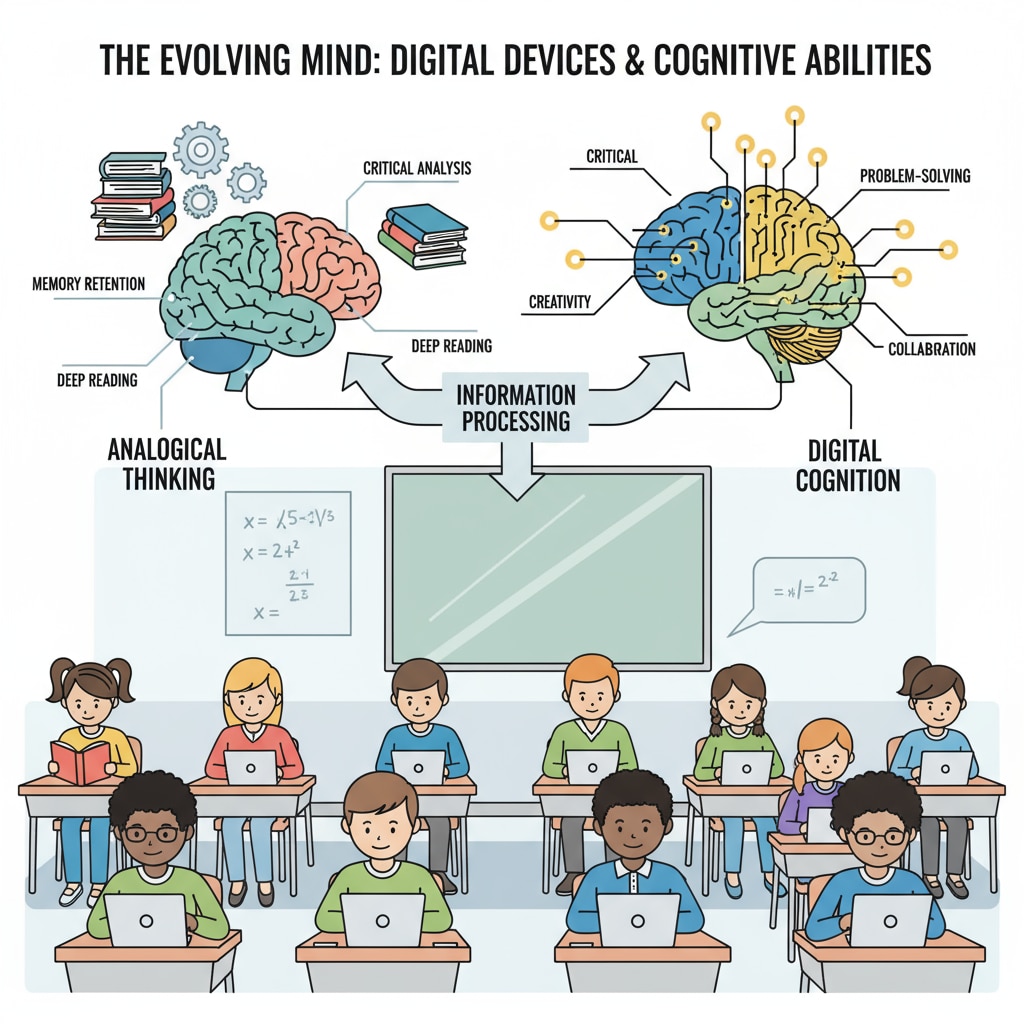Thinking skills, concentration, and cognitive function are crucial aspects of a child’s development, especially during the K12 stage. However, in contemporary K12 education, there is a concerning trend of students’ deep thinking abilities declining. This article aims to explore the reasons behind this and provide practical solutions for educators and parents to help children regain and enhance these important capabilities.

The Decline of Deep Thinking in K12 Education
Today’s K12 students are often inundated with a vast amount of information. The prevalence of digital devices, for example, has led to shorter attention spans. According to Britannica, the constant stream of notifications and the fast – paced nature of online content make it difficult for students to focus deeply on one topic. As a result, their ability to think critically and engage in in – depth analysis is compromised.

Factors Affecting Thinking Skills, Concentration, and Cognitive Function
One major factor is the teaching method. Traditional rote learning, which focuses on memorization rather than understanding, fails to stimulate deep thinking. In addition, the high – pressure testing environment in K12 education often forces students to cram for exams instead of truly engaging with the material. Moreover, the lack of a balanced diet and sufficient sleep can also have a negative impact on cognitive function. As stated in Wikipedia’s article on Cognitive Function, these physical aspects are closely related to a child’s ability to think clearly and concentrate.
Practical Strategies for Cultivating Deep Thinking
- Problem – based learning: Present students with real – world problems that require them to think creatively and analytically. This helps develop their critical thinking skills.
- Mindfulness exercises: Incorporate mindfulness activities into the daily routine to improve concentration. For example, short meditation sessions can help students become more focused.
- Reading complex texts: Encourage students to read challenging books and discuss them in depth. This enhances their comprehension and analytical abilities.
In conclusion, restoring and cultivating deep thinking abilities in K12 students is a multi – faceted task. By addressing the factors that hinder thinking skills, concentration, and cognitive function and implementing effective strategies, educators and parents can help children develop the cognitive depth needed for success in both academic and real – life situations.
Readability guidance: This article uses short paragraphs and lists to summarize key points. Each H2 section provides a list of relevant information. The proportion of passive voice and long sentences is controlled, and transition words are scattered throughout the text to enhance readability.


